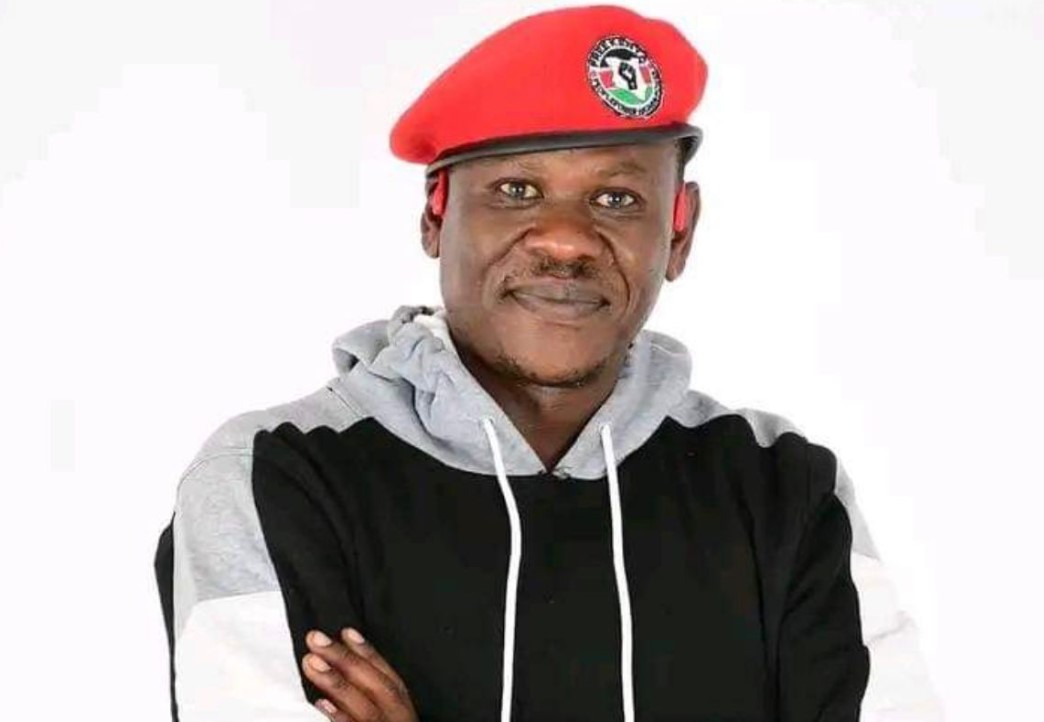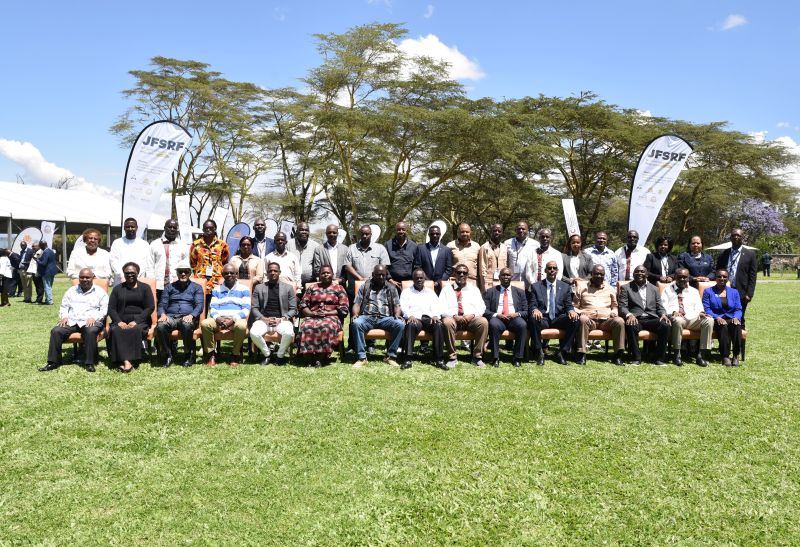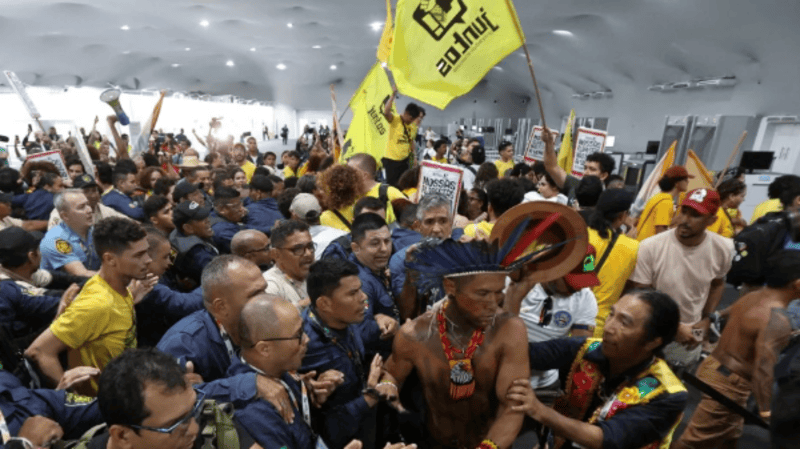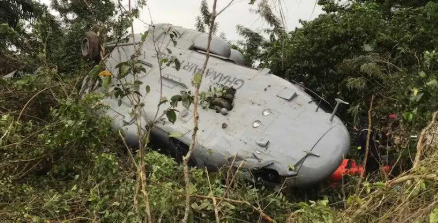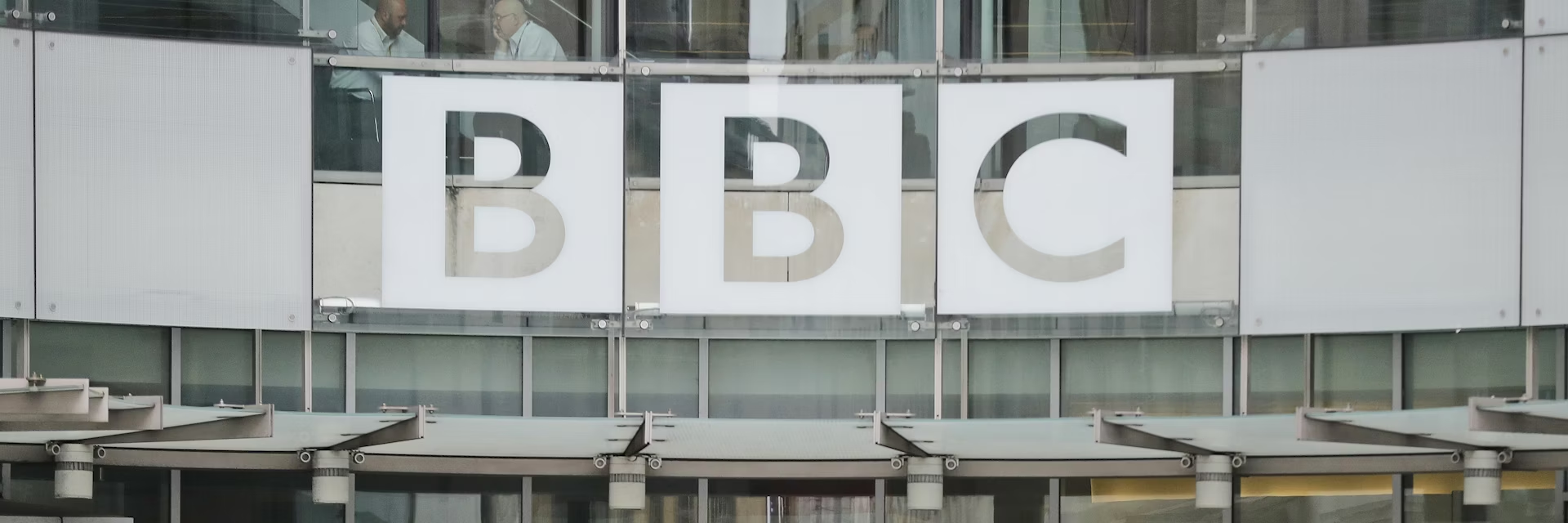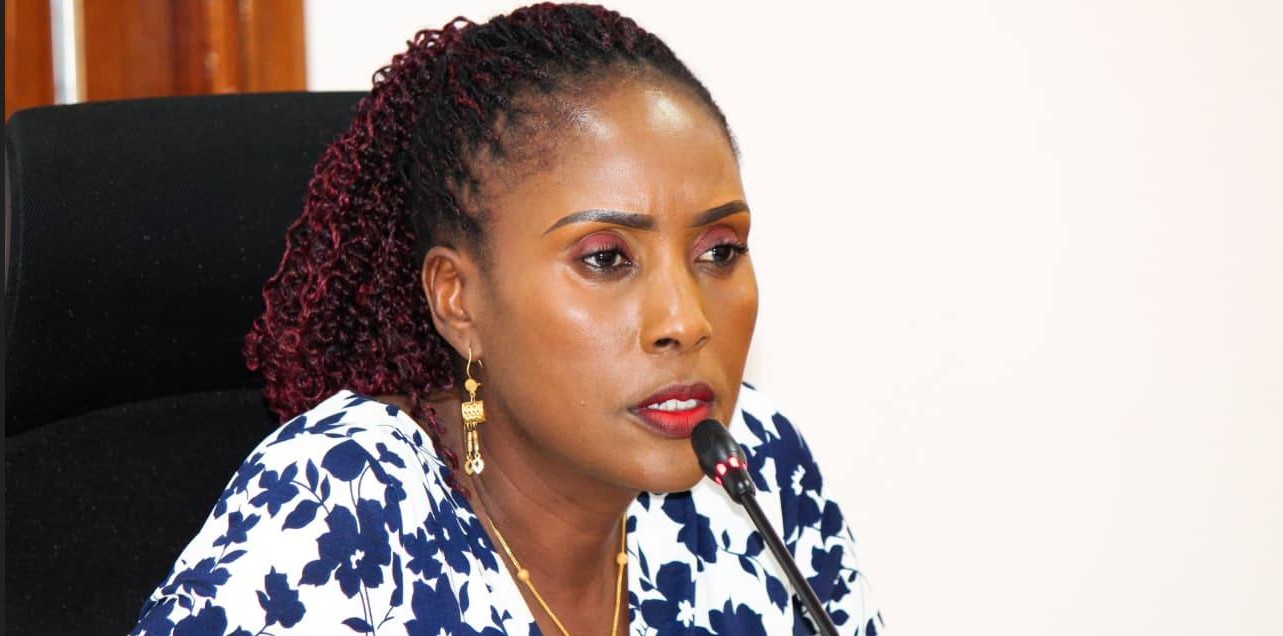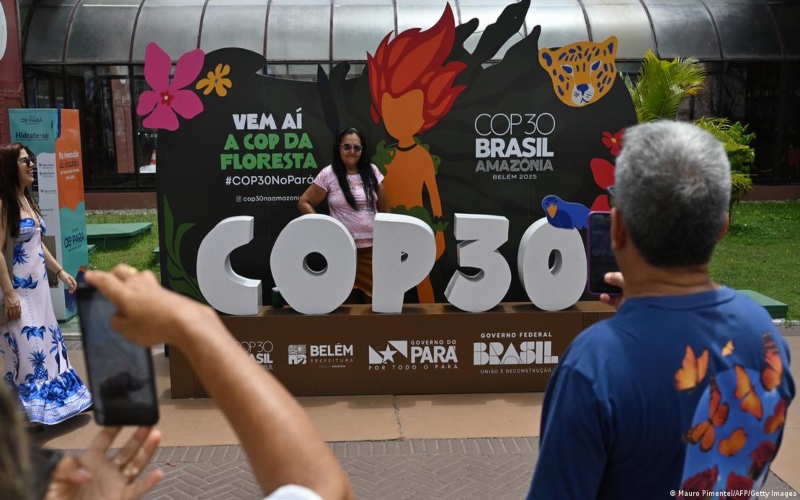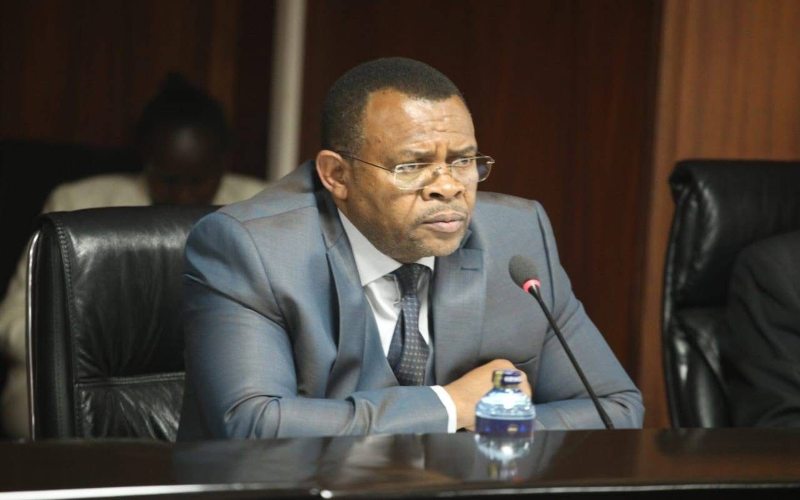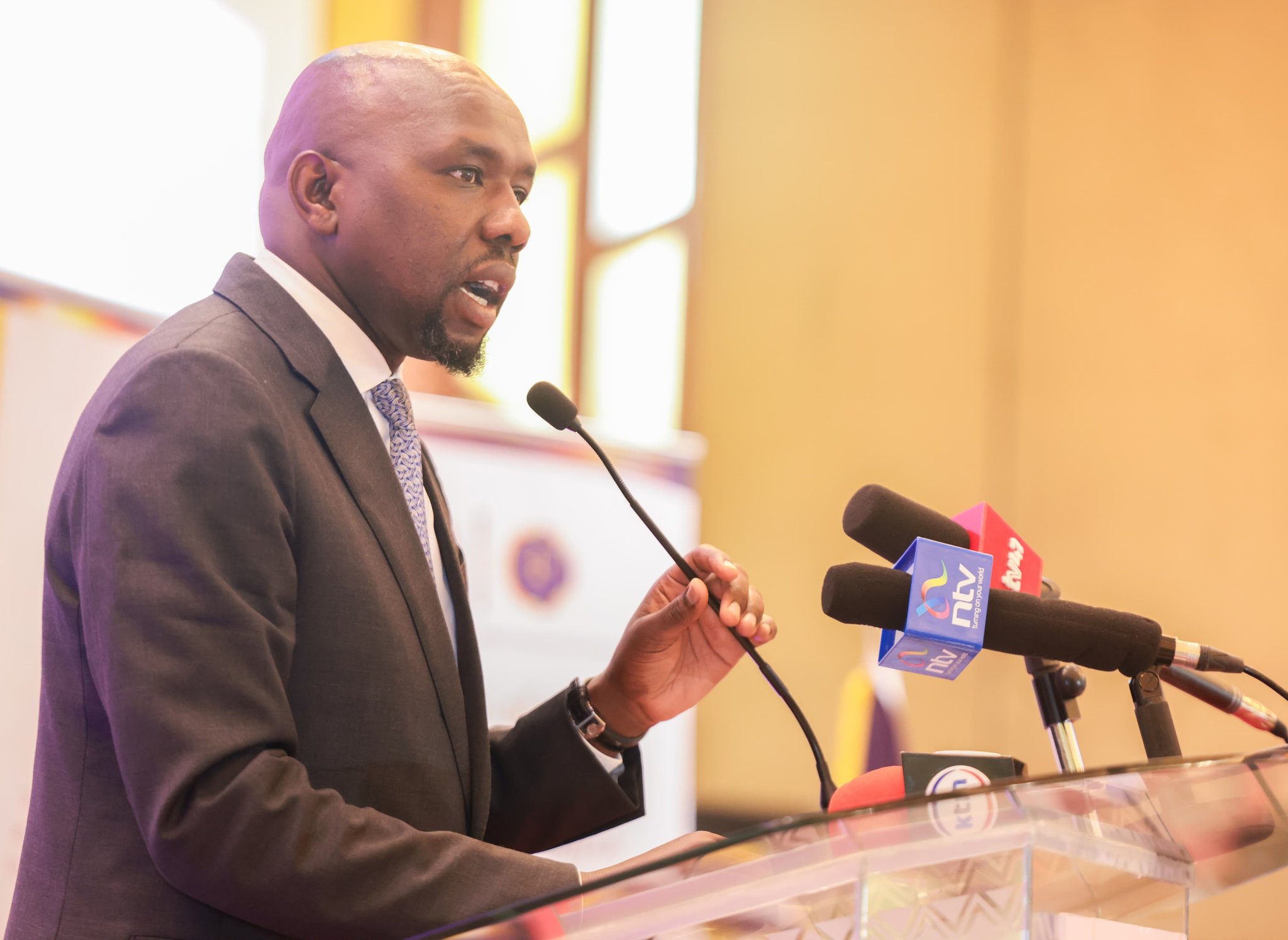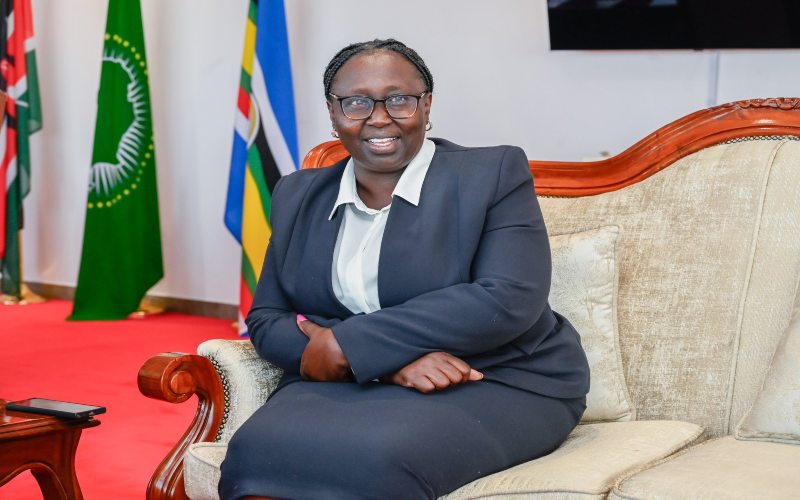UN welcomes aid supply talks with Sudan army
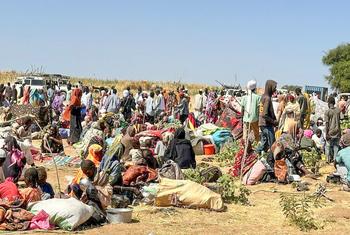
Tom Fletcher, the UN's top humanitarian official, is visiting Port Sudan, the de facto capital of Sudan. Meanwhile, a UN official told DW "dismal" international aid donations were severely hampering refugee assistance.
Leading UN diplomat Tom Fletcher was in Port Sudan on Tuesday for talks with the country's transitional military government, seeking to secure a better supply of aid to the war-torn country, which is partly controlled by the rival Rapid Support Forces (RSF) militia.
Sudan's Transitional Sovereign Council shared a brief video on social media of Fletcher sitting in a room with President Abdel Fattah al-Burhan and other officials.
More To Read
- Africa’s drone wars are growing – but they rarely deliver victory
- Sudan war: 89,000 civilians have fled El Fasher
- Africa’s rapid drone expansion promises high-tech warfare but struggles to achieve strategic results
- Ignored warnings, deadly consequences: How UK failed Sudan's El Fasher civilians
- Sudan medics demand international investigation over El Fasher mass graves
- Rights chief warns ‘abominable atrocities’ likely continuing in Sudan’s El Fasher
Fletcher, a veteran British diplomat and government advisor, meanwhile, shared an image of the meeting online and lauded the "positive" discussions that took place early in his one-week visit to Sudan.
"Practical and positive exchange with General Abdel Fattah al-Burhan on continued dialogue and cooperation to improve humanitarian access across Sudan. The UN appreciates the clear commitment to support us to deliver lifesaving aid everywhere it is needed," Fletcher wrote.
Millions displaced in two-and-a-half-year conflict, limited international response
Prior to his departure for Sudan, Fletcher had also issued an impassioned appeal at the UN Security Council, asking diplomats from around the world why the international response to more than two years of fighting had been so muted when compared to the genocide in Darfur in western Sudan two decades ago.
"What is different today is that we are seeing a different global reaction: one of resignation," he told the Council. "So this is also a crisis of apathy."
Since the civil war erupted in April 2023 between the Sudanese army and the paramilitary Rapid Support Forces, tens of thousands have been killed, and an estimated 12 million people have been displaced, either within Sudan or across its borders. This has created one of the world's largest humanitarian crises.
The Transitional Sovereign Council (TSC), backed by the country's military, controls most of the north, east and centre of Sudan, while the RSF controls most of Darfur, the vast region in western Sudan, and parts of the south.
RSF forces last month claimed control of El Fasher, the last of the five regional capitals within Darfur, after a siege lasting more than a year, sending thousands fleeing.
The RSF said last week that it was willing to sign up to a humanitarian ceasefire proposal put forward by the US and other brokers, but the military government has not commented on the matter. Furthermore, reports of RSF attacks on army-held areas in regions like Kordofan and the capital Khartoum have persisted despite the group's pledge.
Fletcher said that he would work during a visit lasting one week "to stop the atrocities, back peace efforts, uphold the UN charter, and push for our teams to get the access and funding they need to save lives across the battle lines."
President Abdel Fattah, meanwhile, affirmed "Sudan's keenness to cooperate with the United Nations and its various agencies," according to the army-backed TSC.
'Dismal' international contributions impeding aid provision, UN official tells DW
Meanwhile, Kelly Clements, Deputy High Commissioner of the UNHCR refugee agency, spoke to DW on Tuesday soon after a visit to Chad's region bordering western Sudan, where many of those fleeing Darfur head.
She described harrowing tales from people, often women and children, fleeing the fighting in El Fasher.
"And the stories are horrific," Clements said. Around 87 per cent of the refugees were women and children, higher figures than average, she said. "The majority of women and girls have been assaulted or subject to sexual violence. We hear upwards of 70 per cent."
She said that cuts to international aid programmes — perhaps most notably by the US President Donald Trump administration but also by a number of western governments including but not limited to Germany, the UK, France and Canada — were drastically impacting aid provision in Sudan and in countries like Chad, which are housing more and more Sudanese refugees.
"And because the funds that support us and support other aid providers has been so dismal, it's been very, very difficult to provide the kind of support — medical, psychosocial and otherwise — that these new arrivals desperately need, including those that we want to reach inside Darfur," Clements warned.
'Astounding' readiness to help in Chad, but 'much more support' needed
Clements expressed admiration for Chad's willingness to continue welcoming people fleeing the fighting in western Sudan.
"I met with several of the ministries last week, and it is just astounding how they continue to talk about keeping their borders open to their brothers and sisters that need aid, need support, and are literally running for their lives," she said.
However, he noted that Chad is a country with many needs, including basic infrastructure, access to clean water, healthcare, and income.
"We have a million and a half refugees in Chad in different parts of the country fleeing wars from different neighbours over the last decades. And it is a country that continues to be a hospitable host to refugees, but they need much more support from the international community," Clements said.
Meanwhile, Germany's Foreign Ministry said on Tuesday that G7 foreign ministers' talks in Niagara-on-the-Lake in Canada — likely to be dominated by the security situation in Ukraine and the Middle East, like so many such meetings in the past two or more years — would also discuss the situation in Sudan.
Top Stories Today
